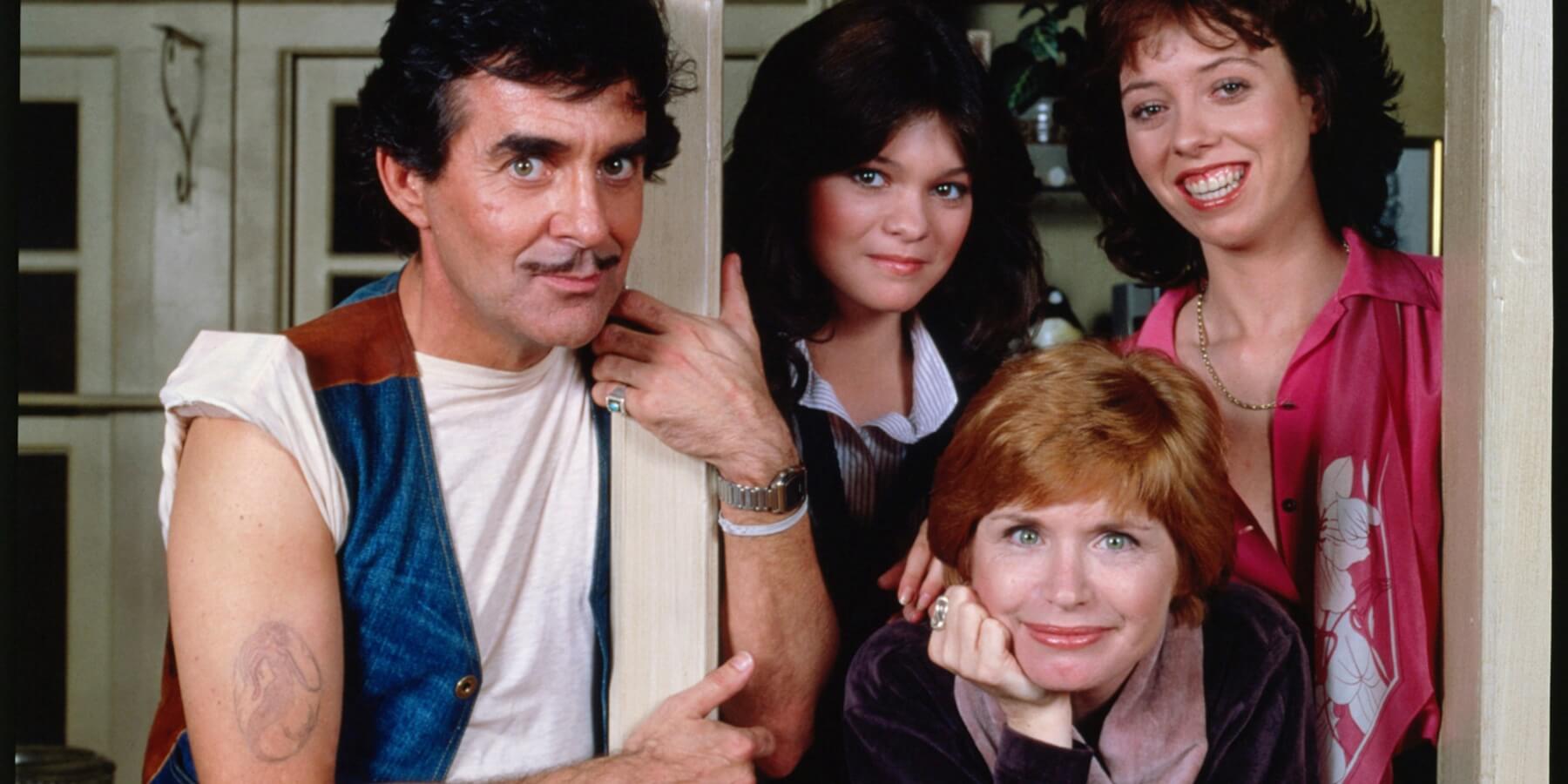
Norman Lear’s 4 Most Controversial TV Episodes Turned Sitcoms on Their Heads
The death of Norman Lear at the age of 101 ended the reign of one of the most prolific television producers in the industry’s history. Lear was known for pushing viewers’ buttons in some of his most unforgettable television series, including All in the Family, Maude, Sanford and Son, One Day at a Time, The Jeffersons, and Good Times. Lear never shied away from tackling the tough topics. Here are 5 of Norman Lear’s most controversial TV episodes.
‘All in the Family’: Edith’s 50th Birthday
The two-part All in the Family episode titled “Edith’s 50th Birthday” was a dark look into Edith Bunker’s (Jean Stapelton) attempted rape. It was the first time a television sitcom dealt directly with the subject.
The season 8 episode centered on Edith’s milestone birthday. As her family was next door planning her birthday party, an attacker posing as a police detective entered her home.
Edith eventually fought off her would-be rapist and ran off for help, but the aftereffects of the experience lingered into part two of the powerful episode. She subsequently experienced trauma and depression.
Lear consulted with Gail Abarbanel, the founder and director of the Rape Treatment Center at Santa Monica Hospital. He also hosted advance screenings for police and hospitals across the country. said the book Archie & Edith, Mike & Gloria: The Tumultuous History of All in the Family.
‘Maude’: Maude’s Dilemma
In 1972, the topic of abortion was ever-present in the minds of the American people. One year before Roe vs. Wade, Maude tackled the subject on TV with tact and emotional maturity thanks to Norman Lear’s foresight.
In the two-part episode, Maude discovers that, at 47, she’s pregnant. She emotionally wrestles with her feelings, pro and against continuing the pregnancy.
With the support of husband Walter (Bill Macy) and daughter Carol (Adrienne Barbeau), Maude decides to terminate the pregnancy. She didn’t feel comfortable with the idea of raising a child through her 50s and 60s.
The network was OK with the complex, challenging, and new subject matter. However, they asked for the show to present an opposing view, and they did by adding a character who had many children and was content with their choice.
‘Good Times’: JJ’s Fiancee
J.J. (Jimmie Walker) and his girlfriend, Diana (Debbie Allen), were seriously dating. The topic of marriage comes up, something that both J.J. and Diana wanted. However, both of their parents are totally against the idea.
Meanwhile, Diana is secretly hiding a drug problem. Thelma (BernNadette Stanis) finds out that Diana uses heroin when she finds her purse in her room.
However, after finding out that the supplier is only in elementary school, it soon becomes a race against time to make contact with J.J. and Diana before it is too late. The couple traveled to Indiana to elope.
‘One Day at a Time’: All the Way

One Day at a Time was the first network sitcom that focused on a divorced woman named Ann Romano (Bonnie Franklin) raising her two daughters, Julie (Mackenzie Phillips) and Barbara (Valerie Bertinelli), alone. The series raised important points about divorce, dating, and sexuality.
In the episode “All the Way,” 17-year-old Julie is pressured by her boyfriend Chuck (William Kirby Cullen) to have sex. But instead of shaming her daughter into a decision, Ann tells Julie to think about it and make her own decision carefully. Later, when alone with Chuck, Julie finally makes her own choice.
Norman Lear died on Tuesday, Dec. 5, at his home in Los Angeles of natural causes. He was 101.
How to get help: If you or someone you know has been sexually abused, text HOME to the Crisis Text Line at 741741 for free and confidential support. In the U.S., contact the Substance Abuse and Mental Health Services Administration helpline at 1-800-662-4357.


